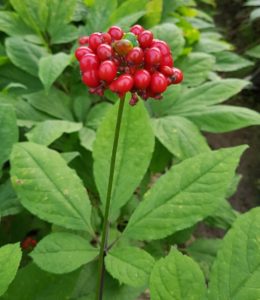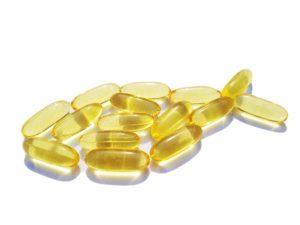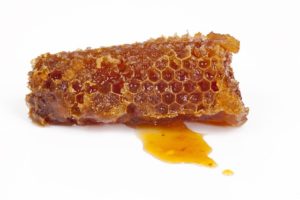Integrative Treatments for Canker Sores
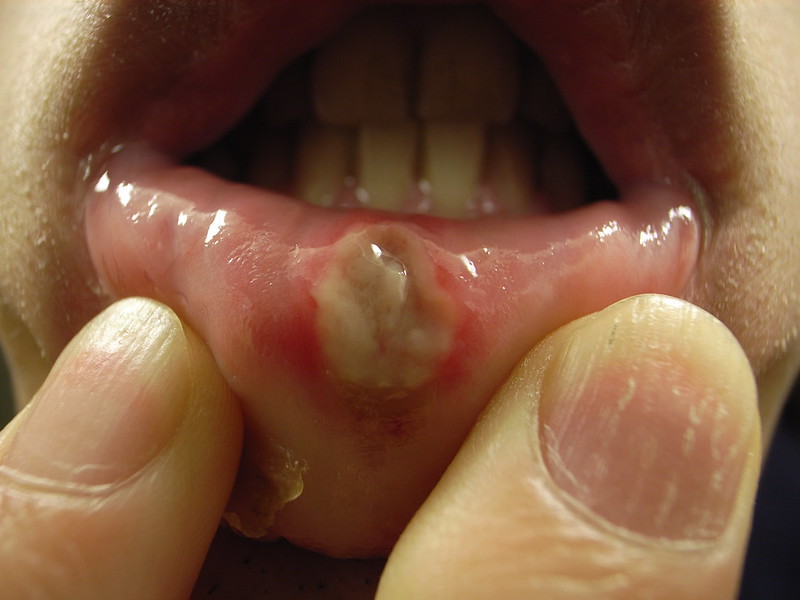
Canker sores are shallow ulcerations that can form on the interior cheeks and gums. Medically, canker sores are referred to as aphthous stomatitis. It’s important not to confuse canker sores with cold sores, caused by the herpes virus, which typically occur on the exposed lips. Unlike cold sores, canker sores are not caused by an infection and are not contagious.
The sores can be quite painful, interfering with talking or eating. In more severe cases, canker sores can take weeks to heal. There are a number of factors that can cause or contribute to canker sores, and a medical evaluation may be helpful to rule them out.
Canker Sores as a Symptom of Another Disease or Trauma
In some cases, canker sores are related to another condition that needs to be addressed. In anyone with chronic canker sores, gastrointestinal conditions need to be ruled out. Canker sores can be a manifestation of inflammatory bowel disease or celiac disease. Both conditions typically present with abdominal pain and diarrhea.
Behcet’s syndrome is another condition that causes canker sores, but also includes eye inflammation, skin rashes and genital sores. HIV or AIDS can also cause or contribute to canker sores and should be ruled out if there are reasons for concern. Some autoimmune conditions are associated with canker sores as well.
It’s also possible that canker sores can be caused by localized tissue trauma. Hot foods, sharper objects or pressure can all contribute to their formation.
Canker Sores as an Allergic Reaction
Canker sores sometimes form from tissue irritation due to a localized skin reaction. A common ingredient in toothpaste, sodium lauryl sulfate, is well recognized as a potential cause (Alli 2019). Reactions to metal are also possible, and orthodontic devices sometimes contribute to canker sore formation.
In some instances, food sensitivities may cause canker sores and should be ruled out. Some foods have been reported to contribute to canker sores. While this list is likely not exhaustive, citrus fruits, tomatoes, nuts, eggplant, tea, cola, pineapple and cinnamon may cause sores in some individuals (Subiksha 2014). Exploring dietary changes in severe cases may yield improvements.
Canker Sores As a Sign of Nutritional Deficiency
In cases of canker sores, it is worth exploring potential nutritional deficiencies that may underlie the condition. Estimates suggest that one out of five cases may be due to deficiencies of iron, folate, vitamin B6 or vitamin B12. Other data suggests that thiamine (vitamin B1), vitamin D or zinc may also play a role (Piewa 2021). A thorough evaluation ruling out any potential nutrient deficiencies is worth pursuing in chronic cases.
Natural Treatments
If the underlying cause can not be identified and symptomatic treatment is needed, a couple of natural products appear to have significant benefits. Probiotics, aloe, licorice and several other herbs may be of benefit.
Probiotics
Changes in the normal “flora” of the mouth may contribute to canker sores. As such, probiotics have been studied as a treatment and show some success. A recent trial in both adults and children used probiotic lozenges and found improved healing and decreased pain. In children, there was also a significant reduction in outbreaks (Aggour 2021). It’s worth recognizing, however, that some studies have not found benefits with probiotics, and different probiotic formulations appear to have varying effects. A recent review concluded that probiotics likely reduce pain levels, but may not reduce the incidence or severity of outbreaks (Cheng 2020).
Licorice Root
Topical patches containing licorice root extract have also been applied to canker sores. The patches appear to help shrink the sores faster and decrease pain (Moghadamnia 2009). While an oral rinse of licorice root has been studied, it was compared to licorice root rinse combined with a medication, so the effect of licorice root as compared to no treatment was not assessed (Akbari 2020).
Personally, I’ve had reasonable success with a licorice extract for treating topical skin conditions, and wouldn’t hesitate to try it for canker sores. The only caveat with licorice is not to consume too much as it can raise blood pressure. Rinsing with it, but not swallowing, could be a way to avoid blood pressure concerns.
Aloe vera
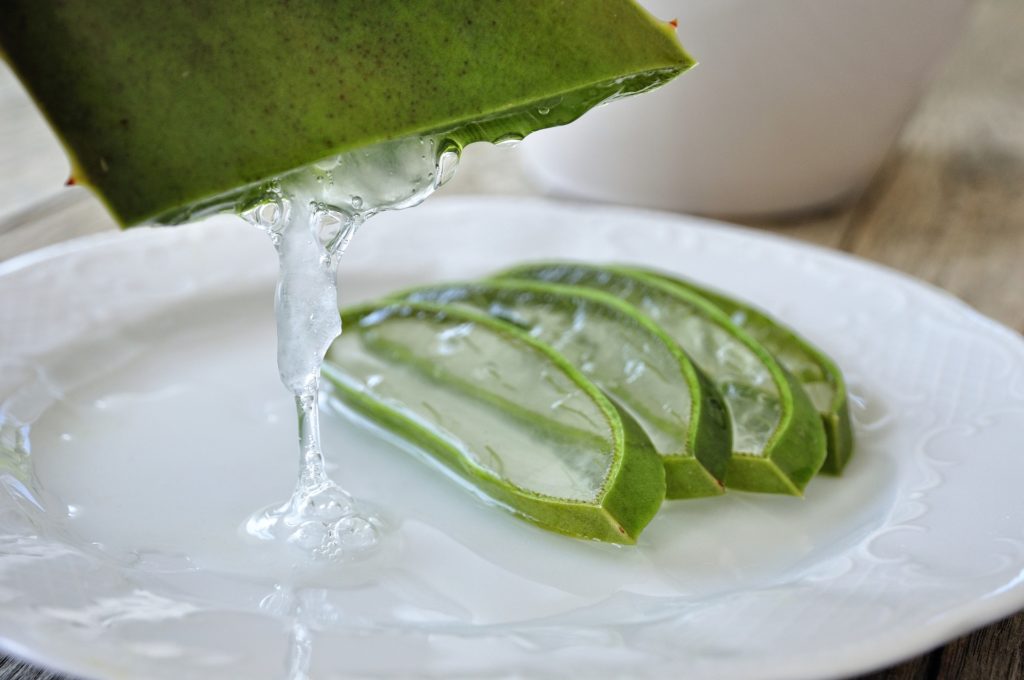
One study compared the application of aloe gel to myrrh gel and placebo. The aloe gel was best for healing the ulcer, where the myrrh gel was better for pain relief (Mansour 2014). An earlier study found aloe to be effective for both healing and pain reduction (Babaee 2012).
A more recent study used a probiotic-fermented aloe gel and applied the finished product to canker sores. The formula improved healing of canker sores and mouth flora, decreasing levels of problematic oral bacteria (Shi 2020).
Conclusion
Canker sores can be a painful condition leading to significant suffering in those with chronic ulcerations. For anyone diagnosed with chronic canker sores, an investigation for the underlying cause should be implemented. Other underlying medical conditions, food or chemical sensitivities, trauma, and nutritional deficiencies should all be ruled out. If no underlying cause is identified, symptomatic treatment with probiotics and herbal products may be of use to decrease pain and speed healing time.

